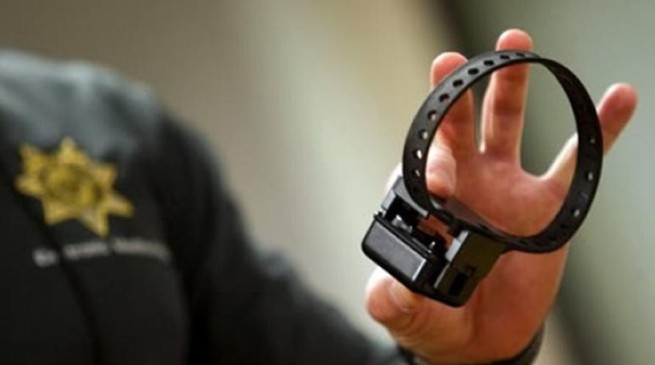Justice Minister Georgios Floridis today announced 14 measures to protect victims of domestic violence, as well as severely punish perpetrators. The statement was made as part of the state policy to combat the phenomenon of abuse and domestic violence, which has assumed enormous proportions.
In particular, Mr. Floridis stated that efforts to protect victims of domestic violence are ongoing, and new measures strengthen the current legislative framework. It is assumed that Pre-trial detention will now become the norm for domestic violence crimes.
There are also express procedures such as “immediate completion of investigations and direct referral to court in cases of domestic violence offences.” Under these measures, once the investigation of a case is completed, the accused will be immediately sent to court, without having to undergo a preliminary hearing before a council of judges. This is part of efforts to ensure faster and more effective justice in such cases. New measures announced by Mr Floridis:
1) Temporary detention is used for crimes involving domestic violence, unless it is absolutely justified that house arrest with electronic monitoring (bracelet) or restrictive conditions are sufficient to prevent the offender from committing further criminal acts.
2) Immediate completion of the investigation and direct referral of the case to a domestic violence hearing without the intermediate procedure of judicial councils.
3) Actual prison terms for crimes related to domestic violence, without the possibility of parole or any form of commutation.
4) There is a possibility of temporary detention for up to 6 months for serious offenses related to domestic violence. And in the case of an automatic offense (detention red-handed), the period of detention in a pre-trial detention center can be extended to 5 days.
5) Providing for the issuance of a prosecutor's order to impose restrictive conditions even before the start of criminal prosecution, with the opportunity for the victim to propose specific conditions that he considers appropriate. For any violation of restrictive conditions, the offender is sentenced to imprisonment and the police informs the victim of the need to take protective measures.
6) Anyway repeat crime is established as an aggravated case of domestic violence, entailing maximum punishment.
7) Protection of the victim by releasing him from the obligation to appear at the court hearing. The course of the trial is provided for by reading out the testimony given by him at the pre-trial hearing, unless the court for special justification considers the presence of the victim to be absolutely necessary, with priority to his remote interrogation, where possible.
8) Criminal mediation is not allowed in cases of particularly serious offenses related to domestic violence, even if the victim agrees to make an agreement. In any case, it is possible for the prosecutor not to accept the parties’ agreement on mediation or to revoke it if there are elements that may reduce the victim’s ability to make an informed choice. Criminal mediation is a procedure that involves a process of communication between the person who committed the wrongful act and the injured person in order to reach an agreement. This process involves a disinterested intermediary – a mediator – who helps the parties reach an agreement and actively participate in resolving problems that have arisen as a result of the crime.
Mediation in criminal proceedings provides an opportunity for the victim of a crime to express their feelings, needs and needs, which is rarely found in the classical trial procedure. It also allows the person who committed the crime to take responsibility for what happened and admit his guilt.
This procedure can be used as a way to resolve a criminal legal conflict, and in some cases can lead to release from criminal liability or termination of a criminal case. Mediation is part of a broader approach known as restorative justice, which seeks to restore harmony and justice, not just punish the offender.
9) In cases of domestic violence, the prosecutor will investigate ex officio if there is a case of change in the status of custody of minor children in accordance with Section c of Article 1532 of the Civil Code.
10) If the voluntary period has expired, a process is established to locate and arrest the perpetrator of a very recent domestic violence incident (lasting up to 48 hours) in order to place the victim in a suitable protected environment and to deny the perpetrator the opportunity to recover and repeat the act.
11) Providing work platforms for reporting crimes related to domestic violence, even by third partiesc.
12) The creation by the police of a history of allegations of domestic violence, which is attached to the case file as an accompanying document.
13) Strengthening ways to inform the rights and provide legal assistance to victims of domestic violenceI.
14) Just a month ago the Directive came into force EU 1385/2024 with a deadline for implementation by Member States until 14.05.2027 to combat violence against women with provisions on protecting victims and preventing re-violence against them.







More Stories
Large-scale fire in Parnitha – no evidence of power pole explosion (video)
Crete: French tourist dies in road accident, wife in critical condition
Folli Follie: Court sentences company owners to 10-17 years in prison